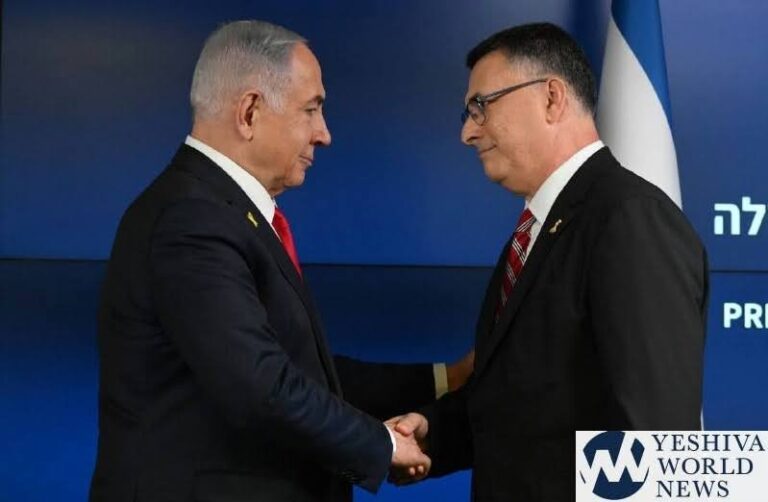 President Barack Obama’s U.N. ambassador strongly objected Monday to any new U.S. sanctions push on Iran, saying the administration wouldn’t compromise with the Republican-led Congress.
President Barack Obama’s U.N. ambassador strongly objected Monday to any new U.S. sanctions push on Iran, saying the administration wouldn’t compromise with the Republican-led Congress.
Samantha Power said the proposed penalties on Tehran, as championed by Republican and some Democratic lawmakers, would “almost certainly end” nuclear talks between Iran and world powers. And she said the legislation would weaken existing sanctions on Iran by undermining international cooperation.
While the sentiments weren’t new for the Obama administration, Power’s remarks were noteworthy for the forum where they were delivered. She was speaking at an event in Louisville, Kentucky, hosted by Republican Mitch McConnell, the Senate’s new majority leader.
While Power sought to stress common goals between the administration and Congress — from fighting Ebola and confronting terrorists to ending Burma’s dictatorship — she drew lines on the issue of Iran and Cuba.
“Imposing new sanctions now will almost certainly end a negotiations process that has not only frozen the advance of Iran’s nuclear program, but that could lead us to an understanding that would give us confidence in its exclusively peaceful nature,” Power told the crowd of students and faculty at the University of Louisville.
“Iran would be able to blame the U.S. for sabotaging the negotiations and causing the collapse of the process, and we would lose the chance to peacefully resolve a major national security challenge,” Power said.
And, she argued, a new package of nuclear-related trade, oil or financial restrictions on Tehran would “likely weaken the sanctions pressure on Iran, by undermining crucial international support.”
In the Senate, nearly all Republicans and several Democrats have voiced support for toughening the economic pressure on Iran in a bid to squeeze its negotiators into making more concessions in nuclear talks. Support from the GOP-dominated House is a given.
The U.S. and its partners are hoping to seal a deal with Iran by July that would provide the country longterm relief from international sanctions in exchange for stricter limits on its nuclear activity. Iran says its program is solely designed for peaceful nuclear energy and medical research purposes. The U.S. and many governments in the world suspect Iran of maintaining a covert interest in producing nuclear weapons.
The Senate is likely to take up the issue in February.
Aides say the legislation being drafted by Sen. Mark Kirk, an Illinois Republican, and Sen. Bob Menendez, a New Jersey Democrat, has significantly softened language from a bill the pair drafted a year ago. The last effort would have compelled an increase in sanctions unless Iran ended all uranium enrichment activity. That is no longer a binding condition, said aides who weren’t authorized to speak publicly on the bill while it was still being worked on and demanded anonymity.
Power also defended the administration’s outreach to Cuba, confirming that the communist government has released 53 political prisoners it promised to free last month when the two countries vowed to re-establish diplomatic ties. She said differences with Cuba hawks on that effort were an issue of tactics, not overall objectives, and said the release of the dissidents “does not resolve the larger human rights problems on the island.”
(AP)











One Response
Administrations position would make sense if they were trustworthy. But they are not. Iran has vastly increased plutonium purchases from Russia, a high military official inadvertently about two weeks ago admitted that Iran wants nuclear weapons, and the atomic agency committee is finding abuses of the interim agreement left and right. The administrations ignores all this